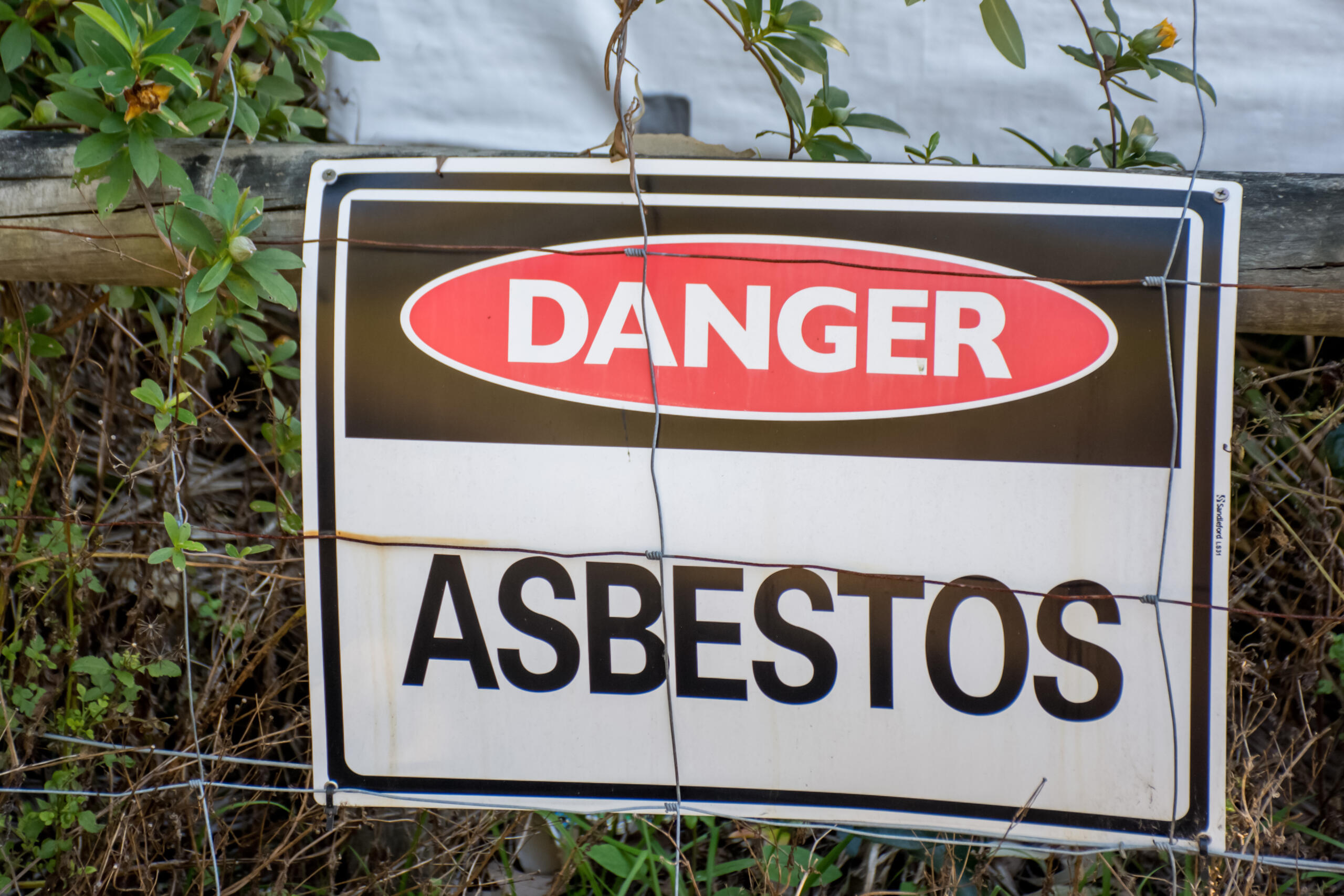EPA’s Asbestos Ban: A Major Step Forward with Long-Term Public Health Implications
March 20, 2024

The Environmental Protection Agency (EPA) has announced a comprehensive ban on all forms of asbestos in the United States, targeting the carcinogen that has been linked to thousands of deaths annually. Despite a partial ban in 1989 that was primarily overturned in 1991, asbestos use persisted in specific applications such as brake linings and the production of caustic soda and chlorine bleach. This decision aligns the U.S. with the 55 countries that had already prohibited asbestos use, addressing the significant public health risks associated with exposure to the mineral.
Experts, including Ian Blair from the University of Pennsylvania, commend the ban as a significant advancement for public health. However, the full benefits may take decades to materialize due to the long latency period of mesothelioma, a cancer caused by asbestos exposure. Challenges in quantifying the exact death toll from asbestos and the variable danger levels of its applications underscore the complexity of its impact. Moreover, loopholes in import regulations and the current lack of effective treatments for mesothelioma highlight ongoing concerns. Despite these hurdles, the ban represents a critical step toward mitigating asbestos-related risks. It prompts a need for further research on harmful fibers and early detection methods to improve the prognosis for affected individuals.
To read more, click here.
[Source: STAT, March 20th, 2024]






